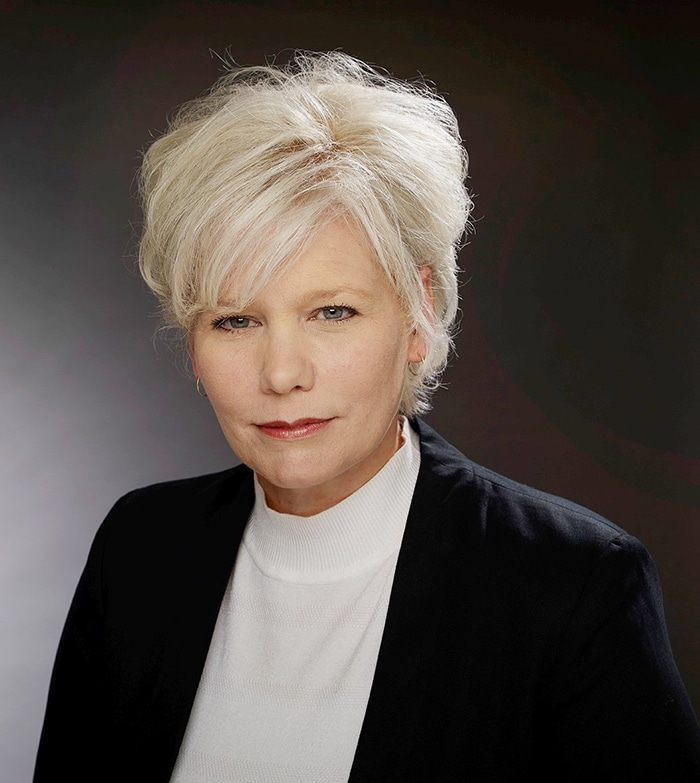
The Chatham Voice will be regularly posting financial advice from Christine Ibbotson on our website, answering questions from you, the public.
•••
I plan on contributing to my RRSP as I always do, but wondered how it works if I also contribute to a spousal RRSP. Does this count towards my contribution limit or my partner’s limit. It is quite confusing. Could you let me know.
— George
Dear George – RRSP Saver!
RRSPs are Registered Retirement Savings Plans and a fabulous way to help you save for your future ensuring your invested funds grow tax free until the withdrawal. Nowadays most people agree that we cannot base our retirement future on government pension allowances. Trying to live on a small government subsidized pension income would be virtually impossible for most Canadians with debt. This is why planning and saving early is so important and RRSPs should be an integral part of everyone’s investment portfolio.
Contributing to a spousal RRSP is a great way to even out the contributions so each partner has similar savings portfolios. We recommend this often when incomes are varied between couples so that the higher income earning spouse can contribute to the lower income spouse’s portfolio. The thing to remember is that any contributions you make to your spouse’s RRSP will be deducted from your RRSP limit and not your spouse’s limit. The tax deduction is given to the contributor and would be limited to their personal CRA limit.
Essentially this is a form of income splitting between spouses and ensures that registered account balances are kept fairly even for both partners. Once retired, each partner should plan to have approximately the same amount of income that they are drawing out of their investments to ensure they are in the same marginal tax rate.
One thing that you must keep in mind when you contribute to a spousal RRSP is the rule of attribution. If the spouse who received the contribution withdraws the money from their RRSP during the year of the contribution or up to and including the two preceding years, the contributing spouse would be taxed. Now knowing this, make sure you do not contribute to a spousal RRSP if you are nearing retirement and foresee future withdrawals.
Hope this helps George. Don’t forget, the RRSP deadline for 2019 contributions is March 2.
Good Luck and Best Wishes,
Money Lady
• Written by Christine Ibbotson, author of “How to Retire Debt Free and Wealthy.” Christine is a Canadian Financial Planner, Chartered Investment Manager, Insurance Broker, Commercial & Residential Mortgage Broker, Estate Planner and Taxation Expert, with over 25 years in Canadian Banking. Follow her on Facebook & Instagram.
If you have a money question, please email her through her website at: www.askthemoneylady.ca







